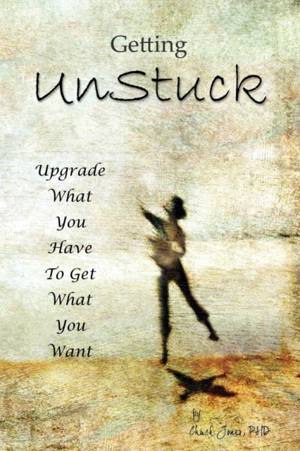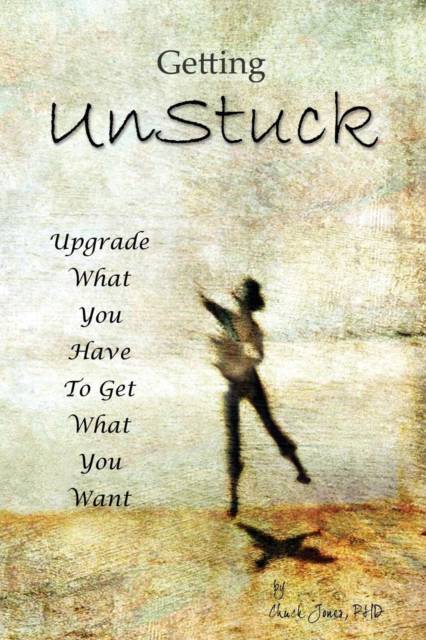
- Afhalen na 1 uur in een winkel met voorraad
- Gratis thuislevering in België vanaf € 30
- Ruim aanbod met 7 miljoen producten
- Afhalen na 1 uur in een winkel met voorraad
- Gratis thuislevering in België vanaf € 30
- Ruim aanbod met 7 miljoen producten
Zoeken
€ 24,45
+ 48 punten
Omschrijving
What if I were to point out how the very thing you think is wrong with you could actually be something that's right with you? Conventional mental health wisdom assumes there's something wrong with us if we become stuck in an emotional or situational problem. In fact, we have names for all the pathologies that supposedly lie at the core of such difficulties; labels like anxiety disorder, depression, and obsessiveness. But what if that view misses a deeper wisdom having to do with recognition of what's healthy about this process? You see, our human hardware-including our inbuilt capacities for generating a path toward a more satisfying life-is perfectly designed for navigating that task. However, having state-of-the-art hardware doesn't necessarily mean we are running up-to-date processing software, nor does it mean we know how to effectively use either the hardware or the software. Instead, what if our experiences of being stuck can point us to precisely what we need to attend to for the purpose of upgrading what we could productively develop? The catch, of course, is that the process doesn't point with words, so we have to find other ways to listen to what needs to get itself heard. That's the task of this book. Grounded in decades of clinical experience, the tools in Getting UnStuck offer a model for productively using what we have to get what we want.
Specificaties
Betrokkenen
- Auteur(s):
- Uitgeverij:
Inhoud
- Aantal bladzijden:
- 302
- Taal:
- Engels
Eigenschappen
- Productcode (EAN):
- 9781478725862
- Verschijningsdatum:
- 29/12/2014
- Uitvoering:
- Paperback
- Formaat:
- Trade paperback (VS)
- Afmetingen:
- 156 mm x 234 mm
- Gewicht:
- 426 g

Alleen bij Standaard Boekhandel
+ 48 punten op je klantenkaart van Standaard Boekhandel
Beoordelingen
We publiceren alleen reviews die voldoen aan de voorwaarden voor reviews. Bekijk onze voorwaarden voor reviews.







